The views expressed in our content reflect individual perspectives and do not represent the authoritative views of the Baha'i Faith.
The great astronomer and physicist Carl Sagan said “Human beings are a way for nature to understand itself.” He knew a salient fact: we humans have something nature doesn’t.
We have, inside each of us, a consciousness that allows us to do what nature itself cannot do: think, reflect, dream, appreciate the visible and consider the invisible. Some with spiritual inclinations call it the human spirit; those with a more scientific orientation might call it the human mind—but whatever you call it, that consciousness transcends the physical.
But as people, we’re not separate from nature—in fact, we’re mammals who owe our entire physical existence to the natural world. As a species, however, we’ve sometimes made the mistake of collectively thinking of ourselves as separate from our natural environment. A few hundred years ago, when humanity began to shift from a land-based economy to an urban and industrialized world, our alienation from nature increased. The mass movement of the planet’s population from rural living to a more urban existence amplified that trend. Both before and during that shift, the idea emerged that we needed to conquer, dominate and subdue nature in order to flourish and survive.
During the past century, though, we’ve started to see a significant reversal of that trend. The environmental movement, the increasing scientific awareness of the importance of the natural world, and the growing recognition of our interdependence with it have all fueled a new way of thinking—that we humans are basically just another creature in the web of life. We’re not separate from nature, the current philosophers tell us—we’re simply one part of it, no different than a plant or a mouse. Some dystopian thinkers have even concluded that the Earth would be better off without people.
You can see this idea in ubiquitous bumper stickers and slogans like “Earth Bats Last.” That baseball metaphor suggests nothing humanity does will really have a permanent impact—that the natural environment, no matter what we humans do to despoil it, will always have the final say. In other words:
… from the premises advanced by materialists, the conclusions are drawn that nature is the ruler and governor of existence and that all virtues and perfections are natural exigencies and outcomes. Furthermore, it follows that man is but a part or member of that whereof nature is the whole. – Abdu’l-Baha, The Promulgation of Universal Peace, p. 80.
In some ways—especially given the global environmental mess we human beings have undoubtedly brought about—this may seem like a correct and comforting notion. If humans just represent one more natural creature in the global biome, then inevitably we will outlive our usefulness at some point and become an endangered species like the other flora and fauna we’ve overhunted or overfished or over-cultivated. Sooner or later, this dark philosophy suggests, people will become extinct and the planet will return to its normal, healthy life balance.
The Baha’i teachings directly contradict that anti-human view. Because people have something that the rest of nature doesn’t, we not only have a responsibility to be nature’s kind stewards, we also have the capability, the intelligence and the will to reverse our destructive course and live in harmony with the Earth and with one another:
Man possesses certain virtues of which nature is deprived. He exercises volition; nature is without will. For instance, an exigency of the sun is the giving of light. It is controlled—it cannot do otherwise than radiate light—but it is not volitional. An exigency of the phenomenon of electricity is that it is revealed in sparks and flashes under certain conditions, but it cannot voluntarily furnish illumination. An exigency or property of water is humidity; it cannot separate itself from this property by its own will. Likewise, all the properties of nature are inherent and obedient, not volitional; therefore, it is philosophically predicated that nature is without volition and innate perception. In this statement and principle we agree with the materialists. But the question which presents food for reflection is this: How is it that man, who is a part of the universal plan, is possessed of certain qualities whereof nature is devoid? Is it conceivable that a drop should be imbued with qualities of which the ocean is completely deprived? The drop is a part; the ocean is the whole. Could there be a phenomenon of combustion or illumination which the great luminary the sun itself did not manifest? Is it possible for a stone to possess inherent properties of which the aggregate mineral kingdom is lacking? For example, could the fingernail which is a part of human anatomy be endowed with cellular properties of which the brain is deprived?
Man is intelligent, instinctively and consciously intelligent; nature is not. Man is fortified with memory; nature does not possess it. Man is the discoverer of the mysteries of nature; nature is not conscious of those mysteries herself. It is evident, therefore, that man is dual in aspect: as an animal he is subject to nature, but in his spiritual or conscious being he transcends the world of material existence. His spiritual powers, being nobler and higher, possess virtues of which nature intrinsically has no evidence; therefore, they triumph over natural conditions. These ideal virtues or powers in man surpass or surround nature, comprehend natural laws and phenomena, penetrate the mysteries of the unknown and invisible and bring them forth into the realm of the known and visible. All the existing arts and sciences were once hidden secrets of nature. By his command and control of nature man took them out of the plane of the invisible and revealed them in the plane of visibility, whereas according to the exigencies of nature these secrets should have remained latent and concealed. According to the exigencies of nature electricity should be a hidden, mysterious power; but the penetrating intellect of man has discovered it, taken it out of the realm of mystery and made it an obedient human servant. In his physical body and its functions man is a captive of nature; for instance, he cannot continue his existence without sleep, an exigency of nature; he must partake of food and drink, which nature demands and requires. But in his spiritual being and intelligence man dominates and controls nature, the ruler of his physical being. Notwithstanding this, contrary opinions and materialistic views are set forth which would relegate man completely to physical subservience to nature’s laws. This is equivalent to saying that the comparative degree exceeds the superlative, that the imperfect includes the perfect, that the pupil surpasses the teacher—all of which is illogical and impossible. When it is clearly manifest and evident that the intelligence of man, his constructive faculty, his power of penetration and discovery transcend nature, how can we say he is nature’s thrall and captive? This would indicate that man is deprived of the bounties of God, that he is retrograding toward the station of the animal, that his keen superintelligence is without function and that he estimates himself as an animal, without distinction between his own and the animal’s kingdom. – Ibid., pp. 80-81.
So what does the fact that human beings have something nature itself lacks really mean in the last analysis? From a Baha’i perspective, it means we have something enormously valuable, something the Baha’i teachings call “divine idealism:”
Man is endowed with volition and memory; nature has neither. Man can seek out the mysteries latent in nature, whereas nature is not conscious of her own hidden phenomena. Man is progressive; nature is stationary, without the power of progression or retrogression. Man is endowed with ideal virtues—for example, intellection, volition, faith, confession and acknowledgment of God—while nature is devoid of all these. The ideal faculties of man, including the capacity for scientific acquisition, are beyond nature’s ken. These are powers whereby man is differentiated and distinguished from all other forms of life. This is the bestowal of divine idealism, the crown adorning human heads. Notwithstanding the gift of this supernatural power, it is most amazing that materialists still consider themselves within the bonds and captivity of nature. The truth is that God has endowed man with virtues, powers and ideal faculties of which nature is entirely bereft and by which man is elevated, distinguished and superior. We must thank God for these bestowals, for these powers He has given us, for this crown He has placed upon our heads. – Ibid., p. 50.


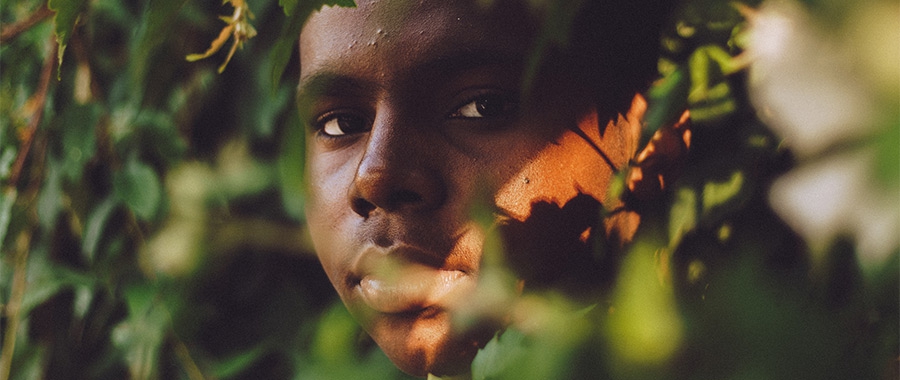

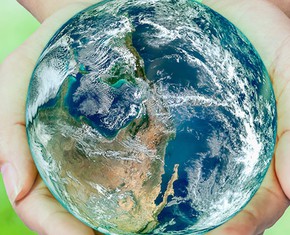
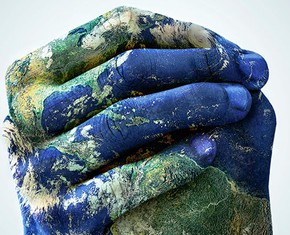
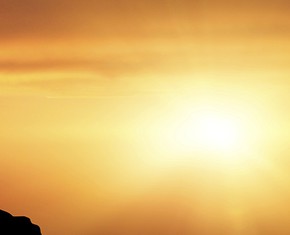



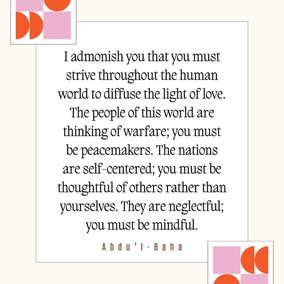
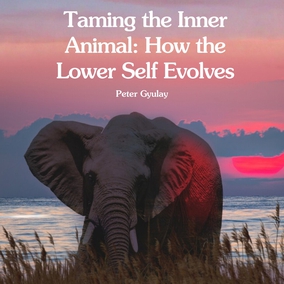
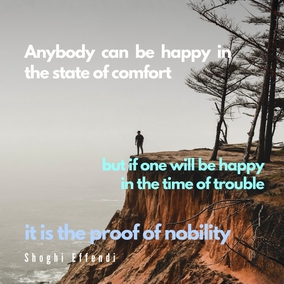

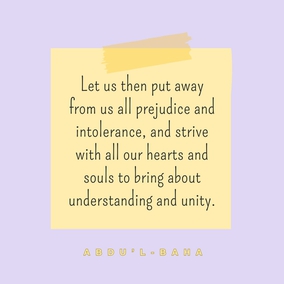

Comments
Sign in or create an account
Continue with Googleor